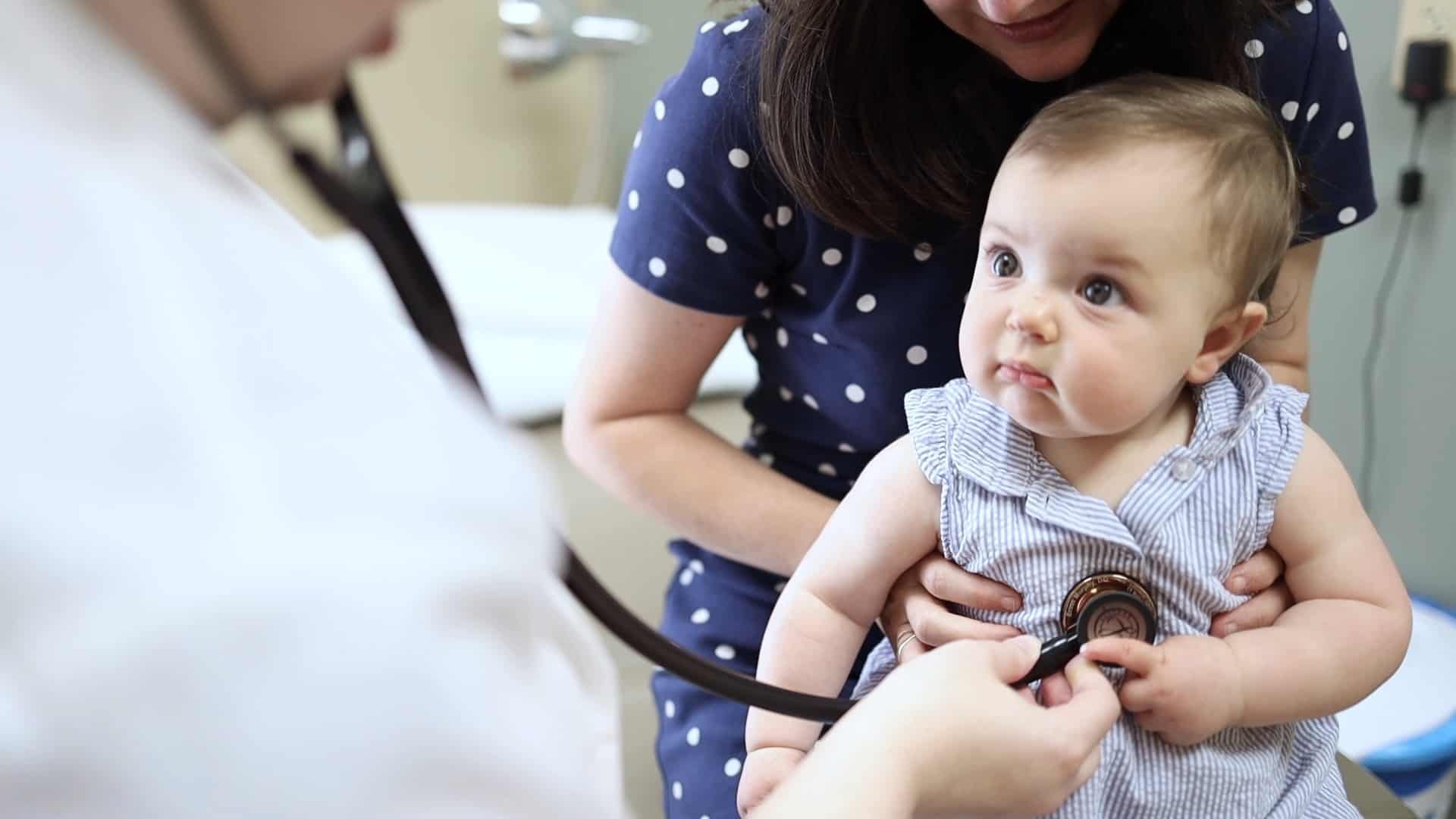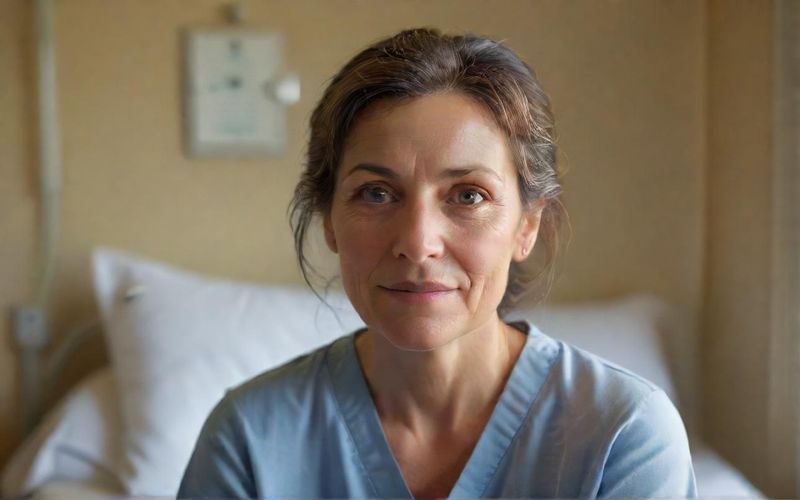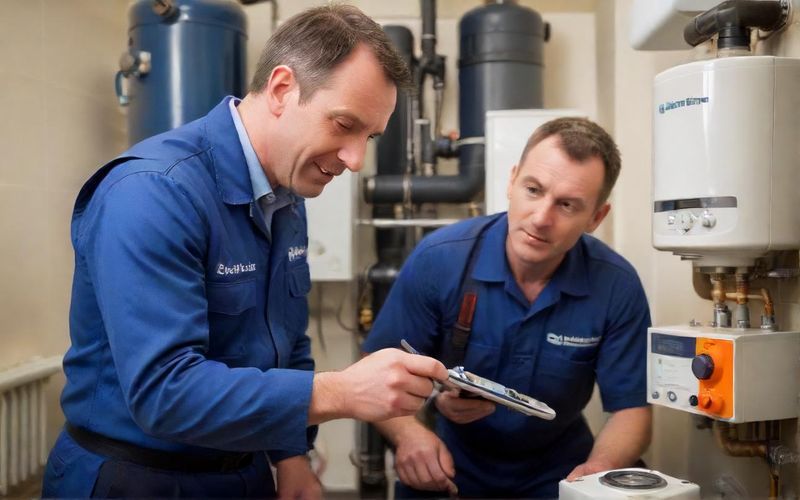Rural Doctor Shortage Cripples Australian Medicare

Australia's Medicare system, a cornerstone of its universal healthcare, is facing a critical crisis driven by a severe shortage of doctors, particularly in rural areas, and inadequate government funding. This is placing immense strain on healthcare access and affordability for Australians across the country, emerging as a key election issue ahead of the May 3rd vote.
The situation is starkly illustrated in Streaky Bay, a small South Australian town where the departure of its sole permanent doctor, Victoria Bradley, left the community struggling for access to essential healthcare. Dr. Bradley, initially burnt out by the relentless demands of her 24/7 on-call schedule, eventually returned to a more sustainable three-day workweek, highlighting the difficulties in retaining medical professionals in remote areas. The town has resorted to expensive fly-in-fly-out doctors and significant local investment to maintain even limited services, despite Medicare's supposed state and federal funding.
This struggle mirrors a national trend. Government data reveals approximately 30% of patients now pay “gap fees” averaging A$40 (£19.25; $25.55) for standard appointments, a figure experts believe underestimates the true extent of out-of-pocket costs. Many avoid seeking care due to rising expenses, exacerbating health problems and creating a vicious cycle of increased strain on the system. Patients are reporting extreme financial burdens, including depleting savings, borrowing money, and foregoing essential treatment.
The crisis extends beyond rural areas. A survey by Cleanbill found that only one-fifth of Australia's GP clinics bulk bill new adult patients, with some regions, like Tasmania, reporting zero bulk-billing clinics. The lack of affordable primary care pushes patients towards costly private specialists and hospitals with no fee caps, further straining already limited resources.
Both the Labor Party and the Liberal-National coalition acknowledge the crisis but offer differing solutions. Labor proposes A$8.5 billion in funding for GP training, new clinics, and medicine subsidies, while the Coalition pledges A$9 billion, focusing on mental health and regional worker training. Both parties aim to increase Medicare rebates to ensure free GP access for nine out of ten Australians. However, doctors express skepticism, citing insufficient funding for increasingly complex consultations and the ongoing need for substantial system reform. Experts advocate for a shift from per-appointment payments to a budget-based model tied to population size and health needs. The debate highlights a fundamental question: is Australia prepared to redefine Medicare or commit to preserving its original promise of universal, affordable healthcare for all?









